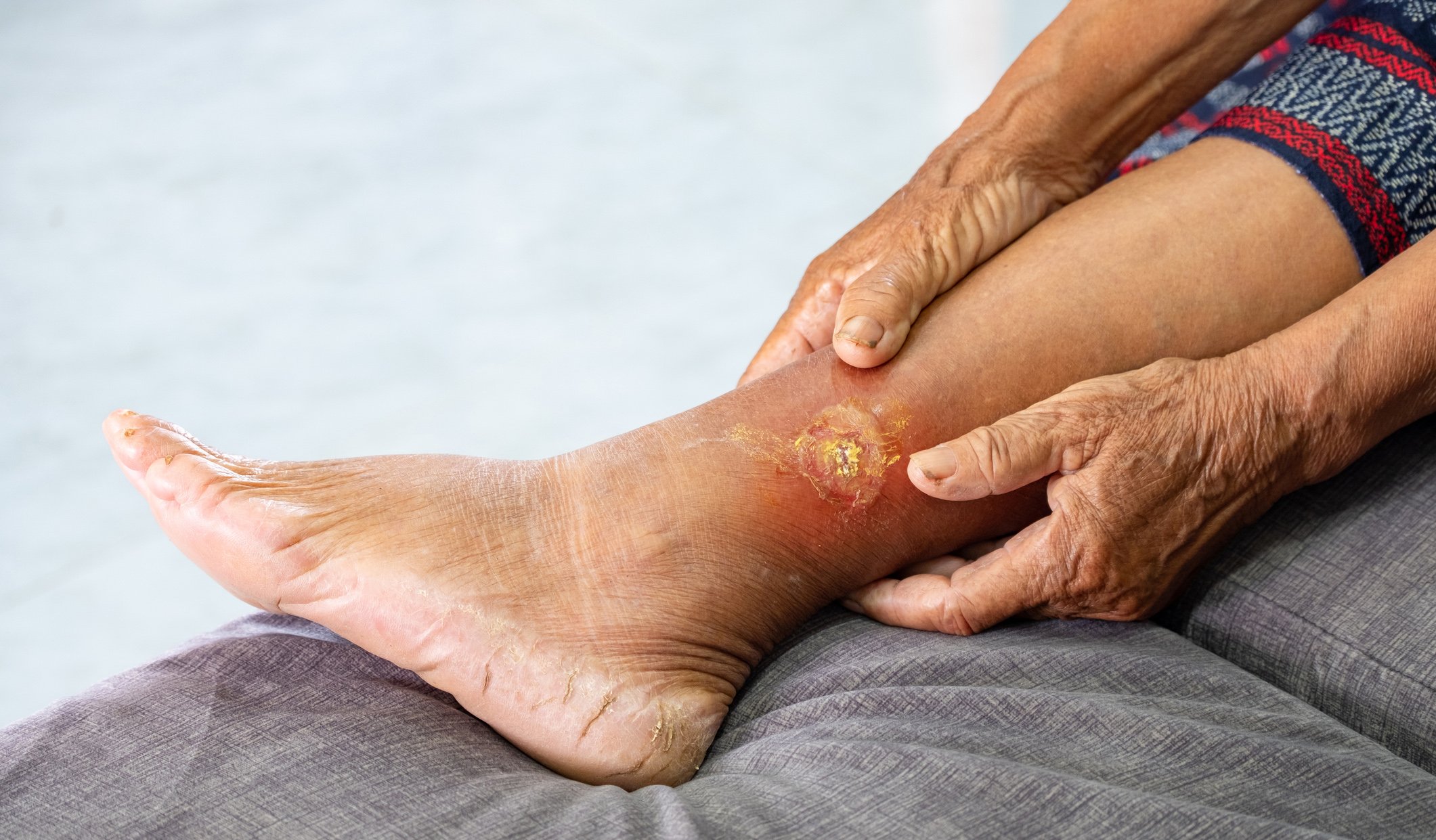Chronic myeloid leukemia is a model disease for diagnosis and therapy of neoplastic diseases. The underlying cytogenetic aberration and the multistage progression enable the transfer of molecular cytogenetic findings into clinical application. Accordingly, a lot of research is being done.
Small extracellular vesicles (sEVs) support leukemogenesis, angiogenesis, and a leukemia-friendly microenvironment. Analysis of sEVs and their cargo represents a noninvasive approach that could reveal messages released by residual leukemic cells. The BCR::ABL1 transcript has already been isolated in sEVs from CML patients responding to TKIs, but its correlation with clinical and biological variables is still unclear. One study addressed the question of whether there is a correlation between BCR::ABL1 transcript levels in sEVs and disease status and various clinical features [1]. For this purpose, sEVs were isolated from 42 plasma samples collected from adult CML patients with molecular response.
BCR::ABL1 vesicular transcript levels showed a decrease as MR deepened. There was a significant difference between MR3.0 and MR4.5 and between MR3.0 and MR5.0. When the total samples were combined according to MMR and DMR definitions, BCR::ABL1 transcript levels in sEVs differed by a significant statistical proportion. For RT-qPCR, 26% of samples were undetectable, compared with 5% and 2.5% for dPCR on PB cells and on sEVs, respectively. A significant difference was found between RT-qPCR and dPCR on PB cells and between RT-qPCR and dPCR on sEV. In summary, dPCR on sEVs was able to correctly track transcript reduction as MR classes were deepened and distinguish between MMR and DMR. As expected, dPCR confirmed its higher sensitivity in detecting even low levels of MRD compared to RT-qPCR, especially in conjunction with isolation of sEVs. With respect to ongoing treatment at the time of sampling, differences in BCR::ABL1 levels detected by dPCR on sEVs may be due to many factors, such as duration of treatment.
Influence of transcript types on response and remission.
Lifelong treatment with tyrosine kinase inhibitors (TKIs) is associated with adverse events and high costs. Therefore, the goal is to achieve a sustained deep molecular response (sDMR) to discontinue TKI treatment. Approximately 50% of patients with sDMR may remain in the so-called treatment-free remission (TFR) phase after discontinuation of TKI treatment. Therefore, factors associated with the acquisition of sDMR and maintenance of TFR must be identified at the time of diagnosis. The aim of one study was to investigate the effects of BCR::ABL1 transcript type on the achievement of DMR and TFR in a series of CP-CML patients treated with IM or 2G-TKI as first-line treatment [2]. Peripheral blood (PB) and bone marrow (BM) obtained at diagnosis and during follow-up of 156 IM- and 39 2G-TKI-treated patients.
No statistically significant differences were observed between the e13a2 and e14a2 groups achieving sDMR. The applied not only in patients with first-line IM treatment but also with first-line 2G TKI treatment. There were also no statistical differences in TFR according to transcript type and type of treatment. However, the duration of IM or 2G-TKI treatment and sDMR duration before discontinuation were analyzed in more detail. Since a significant cut-off for IM treatment of 119 months and of 78 months for 2G-TKI treatment, and of 108 months for sDMR during IM treatment was observed. Therefore, treatment duration needs to be considered in both IM and 2G-TKI first-line CML patients to allow for better treatment discontinuation. sDMR duration and transcript type also have an impact on TFR in patients treated with IM.
Molecular biomarkers for response.
Early molecular response (EMR) has high predictive value in CML. Early signs of response may also identify the high-risk patients who would likely benefit from an early change in therapy. Bisection time (rate of early BCR-ABL1 transcript elimination) has been shown to be an additional prognostic index. One study examined the most relevant cutoffs for early molecular response markers in 51 first-line CML patients [3].
Molecular response (MR) relationships were investigated. All outcomes were significantly better for patients with a 3-month BCR-ABL1 ≤10%, as were those with BCR-ABL1 >0.6 log reduction. BCR-ABL1 halving by ≤25 days was identified as most favorable for patients. Prognosis was significantly worst for patients with bisection time >45 days and BCR-ABL1 >10%. Importantly, event-free survival (EFS) at median follow-up was the primary end point. Overall, 71% had a transcript score ≤10% at three months. Of those in the >10% group, 69% had experienced an event compared with 12% in the ≤10% group. In conclusion, clinical relevance for CML patients on TKI-based combination therapies in terms of BCR-ABL1 log reduction was demonstrated. A BCR-ABL1 log reduction at three months of 0.6 was the variable that potentially predicted OS.
Congress: 28th Annual Congress of the European Hematology Association (EHA) 2023
Literature:
- Martelli M, Ceriani L, Zucca E, et al: Omission of 1. Bernardi S, Farina M, Re F et al. ABL1 transcript in small extravellular vesicles isolated in adult chronic myeloid leukemia patients correlates with molecular response level and the ongoing therapy. HemaSphere, 2023; 7(S3): 3773-3774.
- Torra SM, Méndez A, Sturla AL, et al: Influence of trnascript types in sustained deep molecular response (SDMR) ad treatment-free remission (TFR) in chronic phase-chronic myeloid leukemia (CP-CML) patients treated with TKI. HemaSphere, 2023;7(S3): 3779-3780.
- Fernandes-Leyva H: Molecular patterns of response after frontline treatment in chronic myeloid leukaemia (CML). HemaSphere, 2023;7(S3): 3797-3798.
InFo ONCOLOGY & HEMATOLOGY 2023; 11(4): 24











